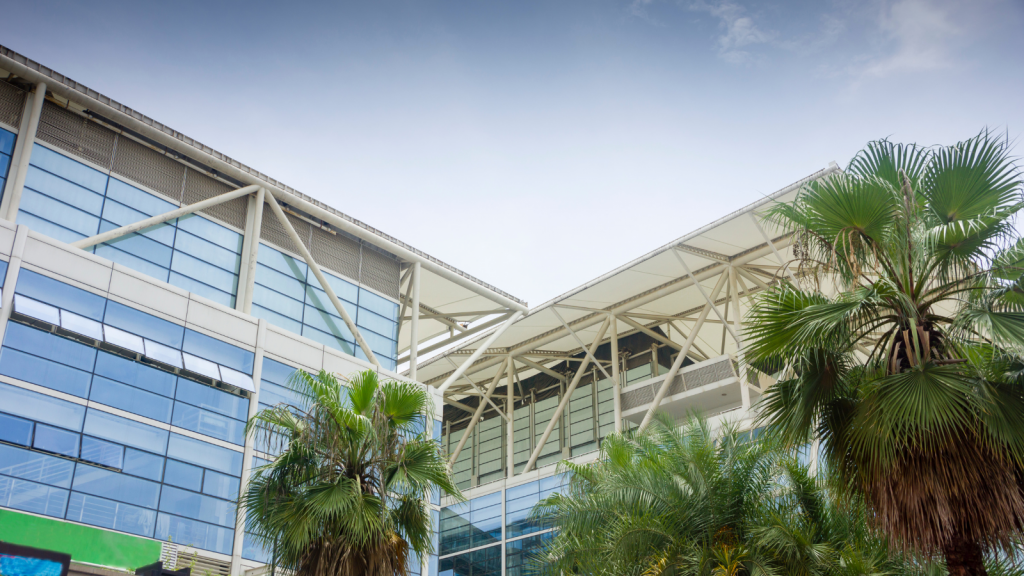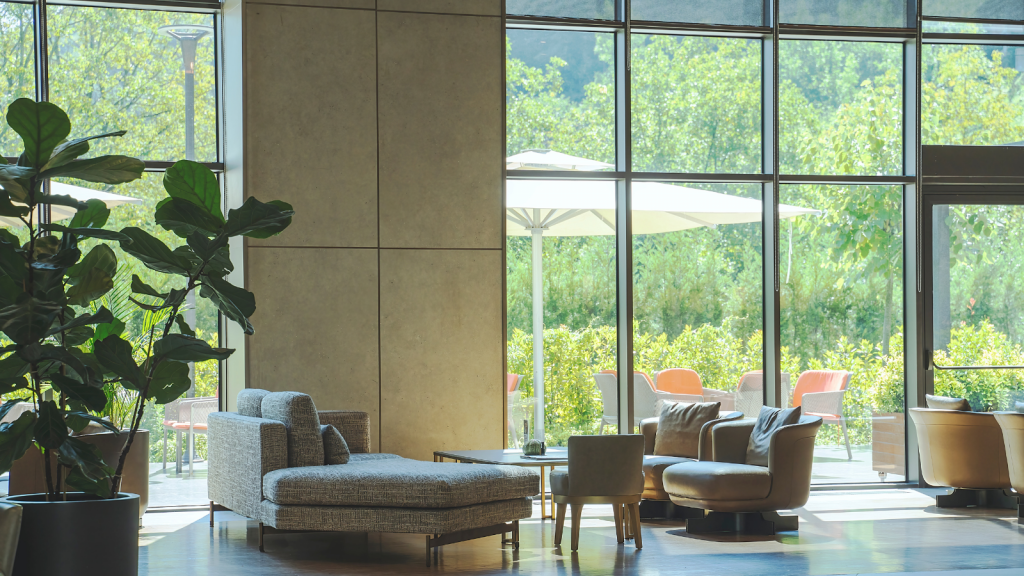In the dynamic area of architectural design and construction, safety and aesthetics hold equal significance. One vital aspect that bridges these two elements is installing fire rated glass. The integration of fire rated glass demands a multidisciplinary approach, encompassing the expertise of architects, contractors as well as fire safety professionals. This collaborative effort not only ensures compliance with fire regulations but also harmonises the functional and visual aspects of a building.
Let us take a closer look into the imperative nature of a multidisciplinary approach when installing fire rated glass. Let us explore effective strategies that foster seamless collaboration among architects, contractors and fire safety experts to achieve successful outcomes.
The multidisciplinary imperative
Fire rated glass stands as an essential element in building safety, offering a controlled means of egress during emergencies and mitigating the spread of fire. However, its successful integration requires a cohesive approach that leverages the expertise of various stakeholders.

Architects’ aesthetic vision
Architects are the visionary creators behind a building’s design. Their insight is invaluable when integrating fire rated glass without compromising aesthetics. Collaborating with contractors and fire safety experts ensures that the architectural intent aligns with the stringent fire safety requirements. The interplay between design creativity and fire safety demands architects to think innovatively, considering fire rated glass as both a functional necessity and an architectural element. This approach enables the creation of spaces that are visually appealing while ensuring occupant safety.
Contractors’ practical prowess
Contractors, with their practical know-how, play a fundamental role in the implementation of fire rated glass systems. Their understanding of installation procedures, timelines and coordination with other trades is crucial to maintaining project efficiency. From selecting appropriate framing systems to installing fire rated glass panels, contractors ensure that the design concepts architects envision translate into reality. A collaborative partnership between architects and contractors guarantees that aesthetic aspirations are met without compromising the structural integrity and fire-resistant properties of the glass.
Fire safety experts’ technical insight
Fire safety experts bring specialised knowledge in fire dynamics, regulations and testing protocols. Their expertise guarantees that the selected fire rated glass meets the necessary standards and performs as expected under real-world fire scenarios. These experts analyse fire hazards, conduct fire resistance testing and provide insights into optimal fire rated glass configurations for specific building applications. Collaborating with architects and contractors, fire safety professionals ensure that the fire rated glass systems align with building codes and regulations, delivering on safety and design intent.
Effective collaboration strategies
1. Early engagement
2. Transparent communication
3. Knowledge exchange
4. Design iteration
5. Compliance and regulation adherence

6. Practical testing and prototyping
Mock-ups or prototypes allow the team to test the performance of fire rated glass systems before full-scale implementation. This hands-on approach identifies potential challenges, streamlines installation processes and validates design decisions. Collaboratively evaluating mock-ups with architects, contractors, and fire safety experts allows for refinements based on real-world observations, ensuring that the final installation meets safety standards and aesthetic aspirations.
7. Integrated project management tools
In today’s digital age, integrated project management tools promote efficient collaboration. These tools facilitate task tracking, communication and document sharing, ensuring all stakeholders are on the same page throughout the project lifecycle. By utilising project management software, architects, contractors and fire safety experts can maintain real-time visibility into project progress, milestones and potential roadblocks, enhancing overall coordination and collaboration.
8. Continuous learning
Staying abreast of advancements in fire rated glass technology, building codes, and fire safety standards is crucial. Regular learning sessions or workshops can be organised to keep the collaboration up-to-date and relevant. By collectively investing in ongoing education, architects, contractors and fire safety experts can enhance their expertise, enabling them to make informed decisions that integrate the latest industry advancements into their projects.
9. Problem-solving mindset
Unforeseen challenges are inevitable in any construction project. Collaboratively addressing these challenges, drawing on the diverse expertise of architects, contractors, and fire safety experts, leads to innovative and effective solutions. Whether addressing unexpected design modifications or overcoming installation complexities, a problem-solving mindset cultivated through collaboration empowers the team to navigate challenges with agility and creativity.
10. Post-completion evaluation
After project completion, soliciting feedback from all stakeholders provides valuable insights into the collaboration process. This feedback loop enables continuous improvement for future projects. By reflecting on successes, challenges and areas for enhancement, architects, contractors and fire safety experts can refine their collaborative strategies, ultimately contributing to more streamlined and successful fire rated glass installations in future endeavours.
Installing fire rated glass succeeds in collaboration
The successful integration of fire rated glass into building projects is a complex endeavour that demands the collaboration of architects, contractors and fire safety experts. Their multidisciplinary approach ensures not only the safety and compliance of the building but also its visual appeal. By engaging early, communicating transparently, exchanging knowledge and embracing a problem-solving mindset, these stakeholders can overcome challenges and create buildings that are both aesthetically pleasing and fire-safe. In a world where architecture meets safety, the art of installing fire rated glass is a proof to the power of collaborative innovation. The harmonious convergence of safety and aesthetics exemplifies the potential of teamwork, expertise and shared vision in shaping the built environment of tomorrow.

